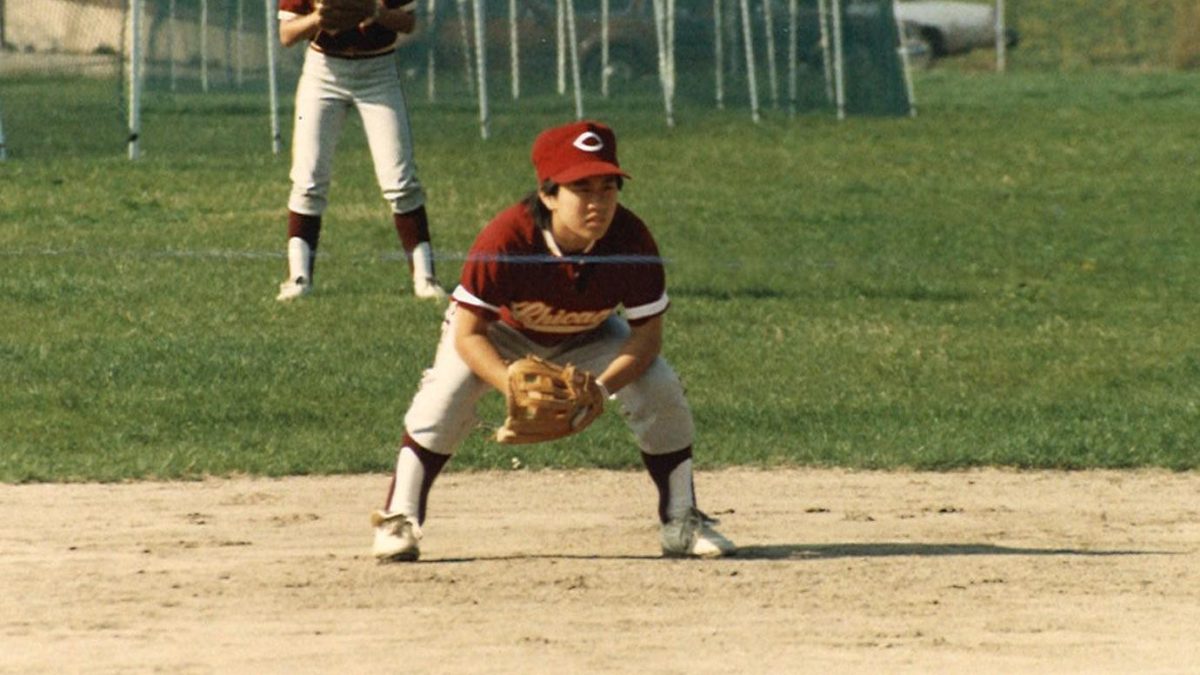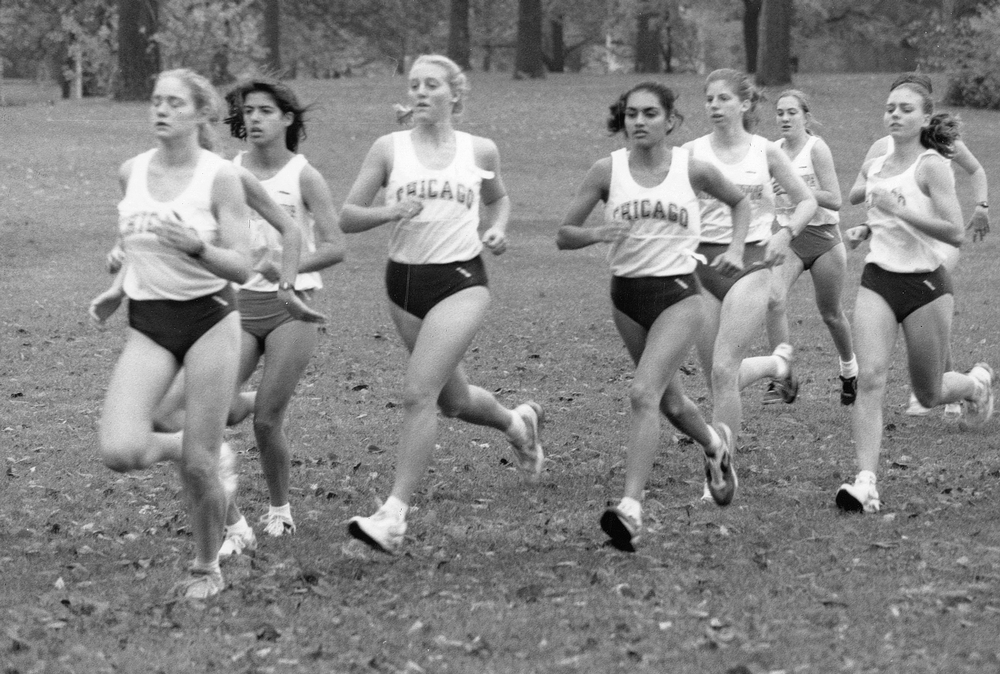Ah, May. This is the underrated month of the baseball season. The first-date jitters are in the past, the pitchers and hitters are at about an equal level, we’ve had enough time to figure out who’s for real and who’s not, and yet most of the league can still legitimately dream about the playoffs.
That being said, for those of us who live and die by commentary, this can be one of the hardest times to be a fan. At this point in the year, there are always some numbers popping up that defy expectations and, in this new era where the statistic is king and pre-season predictions are an industry, that drives professional sportswriters crazy.
This is why we’re being bombarded with so many articles about how great a manager Ozzie Guillen is, columns crowing about the potent mix of youthful exuberance and veteran toughness in San Diego’s rotation and, of course, half a dozen mailbags with a writer citing an interview he did with the Spokane Daily News in which he commented that the Rangers “might have a chance to be sort of, kind of okay this year.”
It’s predictable and boring. Worse than that, it’s ridiculous. Every year, there’s a Carlos Silva who comes out of nowhere and wins five or six early, or a Ronnie Belliard who gets on an early hot streak. Every year, there’s some team everyone has written off who roars out to take the division lead.
At the point of the season when there’s too big a sample size to write them off, we all jump on the bandwagon and try to explain why it’s happening and why we knew it was going to happen.
Like it would ruin the game if no one can point to a stat and say, “See! It’s obvious! Everything makes sense!”
When sabermetrics gets to the point when we can tell who’s going to have a breakout year and who’s going to fall flat before the season begins, I’m turning in my season tickets and taking a road trip to the Meadowlands. One of my favorite things in the game is watching the forgotten ones surprise everyone.
I wanted a Cubs-Red Sox World Series as much as anyone else, but it was a fabulous thing to see a team who in mid-May fired their manager, had a sub-.500 record, and their best pitcher in the minors take home the title. The same goes for the Rally Monkey Angels in ’02, the Johnson/Schilling Diamondbacks in ’01, the ’98 Padres taking their division, and the expansion Marlins in ’97.
It seems like there’s a fundamental lack of understanding of the psyche of the sports fan. Sure, we all want to sound like we know what we’re talking about, and yes, we appreciate the beauty of a well executed squeeze bunt. But those things taken alone won’t do it for us.
The latent unpredictability of sports is why we watch. If every result went the way it looked on paper, the game—or any game—would not be worth paying attention to.
We’re attracted by the idea that, on any given Sunday, any NFL team has a shot to win. We’re excited that the last three World Series champs were teams that looked like they were going nowhere, and that just over a year ago a freshman put Syracuse on his back and defied all odds to lead the Orangemen to a national title.
If you know the underdog is going to lose, what’s the point? Tell me you weren’t just a little disappointed that March Madness worked out just as everyone said it would in October. The fact that we just don’t know is what keeps us coming back.
In my opinion, if predictions are good for one thing, it’s for making it that much more amazing when they turn out to be wrong, giving that surprising small-market franchise’s emerging young star that much more reason to say, “No one thought we could do it, but we always knew we could.”
It’s time to back off a little. Everyone has blown off steam, and that’s fine. But the giddy little thrill you get when you see when you open the sports section and see “Maroth (3-1)” or “Pirates shortstop Jack Wilson improved his average to .363” is something that should be celebrated, not analyzed to death.
In the end, we don’t really know whether it’s the tutelage of Orel Hershiser or the “Curse of A-Rod” that’s powering Texas. Nor do we know whether it’s the psychotherapy ordered by the Padres organization or a pitcher-friendly park that has finally solved Ismael Valdez’s inconsistency. While it’s happening, it’s something that we should delight in and celebrate.
There’s still a human element in baseball that’s totally untraceable; that’s what leads to these special things. In the movie Bull Durham, Crash Davis comments that it only takes twenty-five seeing-eye singles over the course of a season to raise a .250 batting average above .300. Every year, it happens to someone, and there’s no pinning down exactly what causes it. It’s better to just enjoy it while it lasts.
And always, always, drink to this: Red Sox 6, Yankees 1. That’s spring baseball.







